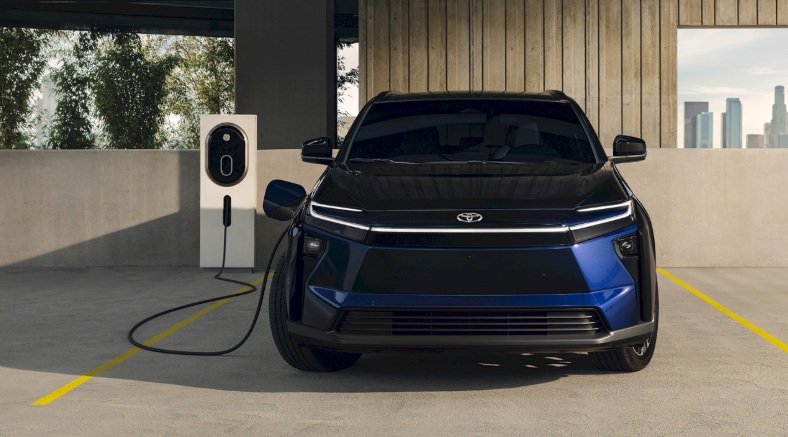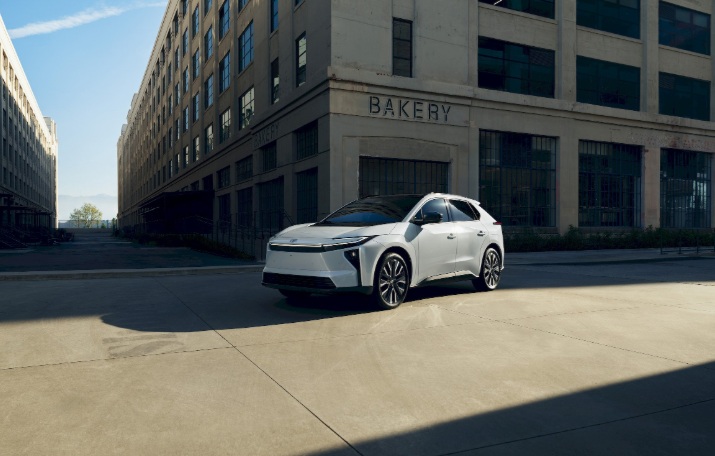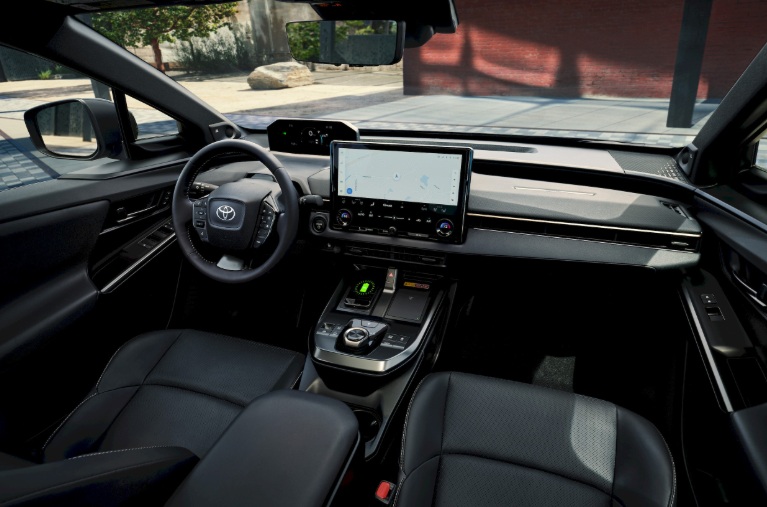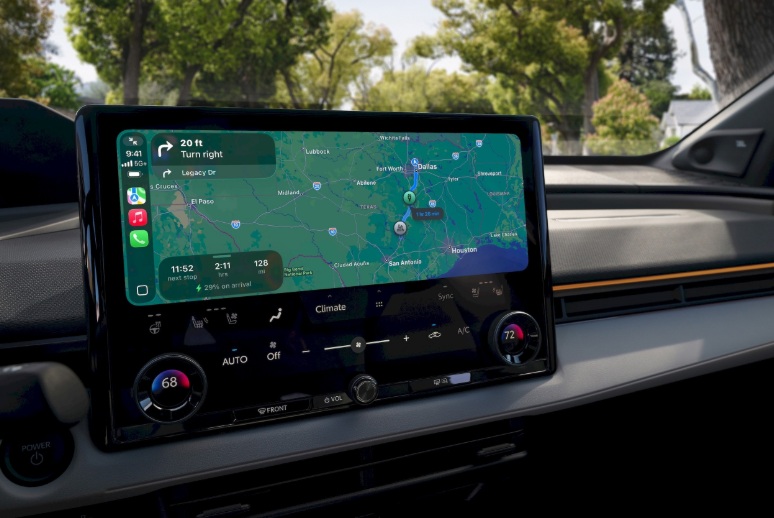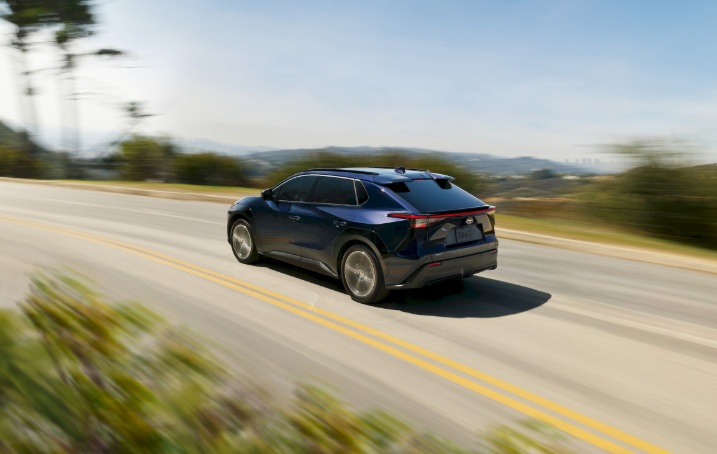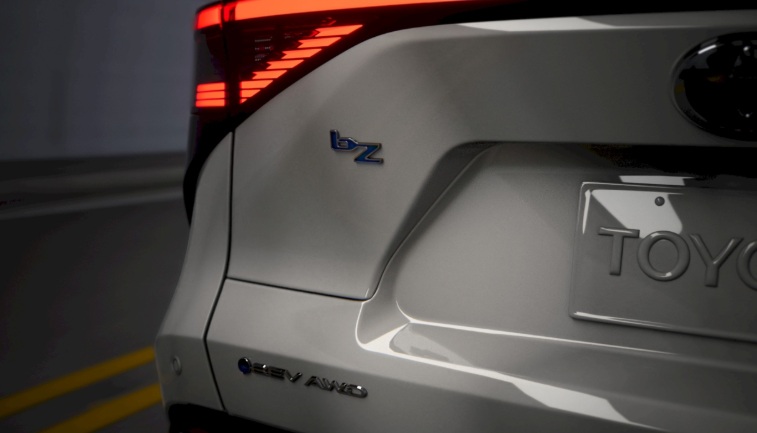Recently, Toyota officially unveiled its 2026 bZ electric vehicle to the international market.
The Toyota bZ 2026 is now available at a starting price of $34,900. Positioned as the full-fledged successor to the bZ4X, this model signifies Toyota’s strategic realignment of its “Beyond Zero” electric vehicle lineup, addressing previous user feedback that fell short of expectations.
Launched three years ago, the Toyota bZ4X was once a cornerstone of the Japanese brand’s transition to zero-emission mobility. However, it faced criticism for slow charging in cold weather, an outdated infotainment system, and a critical technical flaw where wheels could detach from the axle, prompting a large-scale recall.
With the new generation, the bZ 2026 not only adopts a streamlined name but also introduces comprehensive upgrades in technology, performance, and charging capabilities. Notably, it now supports the NACS charging standard, providing access to over 25,000 Tesla Supercharger stations across the U.S. Starting November, Toyota will offer NACS adapters for 2023–2025 bZ4X owners, enhancing charging infrastructure compatibility.
The Toyota bZ 2026 also features Plug & Charge functionality, enabling automatic recognition and payment at charging stations, initially with Tesla’s network. Additionally, iPhone users benefit from Apple Maps integration via Apple CarPlay, offering real-time route planning, battery management, and charging station suggestions—a significant enhancement for electric vehicle drivers.
Performance-wise, Toyota reports a 25% increase in range compared to the previous model. The 74.7 kWh battery variant delivers up to 314 miles (505 km) per charge, while the 57.7 kWh version achieves 236 miles (380 km). Powertrain upgrades include a FWD option with 221 horsepower and an AWD variant peaking at 338 horsepower, nearly a 50% increase over the bZ4X.
Despite these advancements, Toyota maintains a competitive starting price, positioning the bZ 2026 as one of the most affordable electric SUVs in the U.S.
The bZ 2026 exemplifies Toyota’s pragmatic approach to electric vehicles, prioritizing reliability, infrastructure compatibility, and user experience over flashy design or power races.
TH (Tuoitrethudo)





























